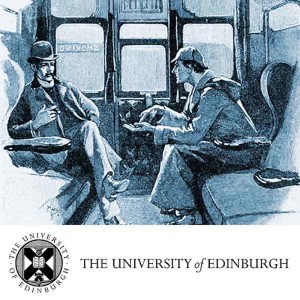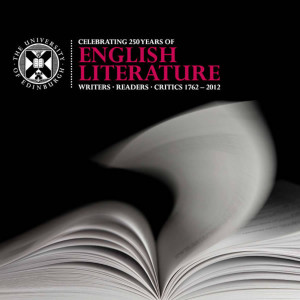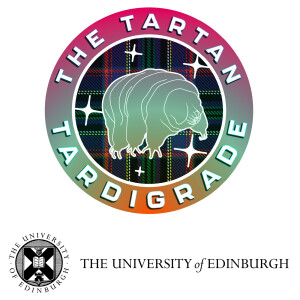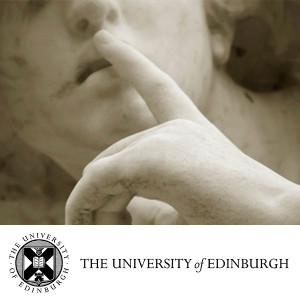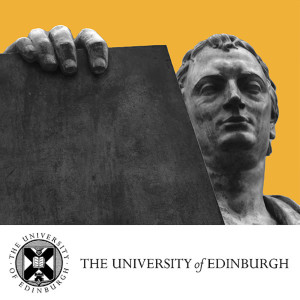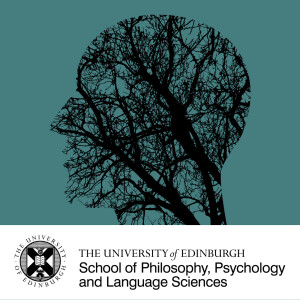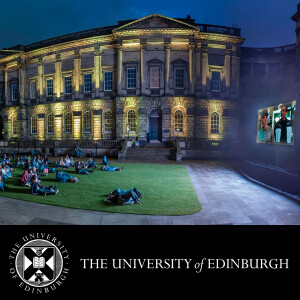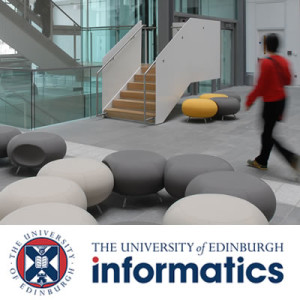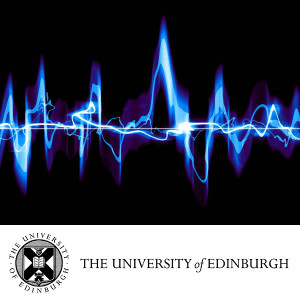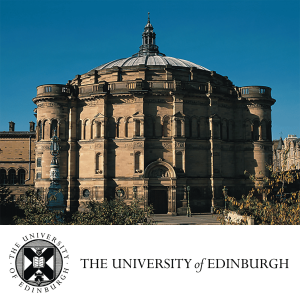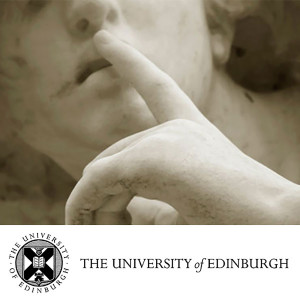

Gifford Lectures (audio)
http://www.kaltura.com/api_v3/getFeed.php?partnerId=2010292&feedId=1_uur0dl49Episode List

Lord Williams of Oystermouth - Representing Reality
Lord Rowan Williams of Oystermouth delivers the Gifford Lecture series entitled "Making Representations: Religious Faith and the Habits of Language". Lecture 1: Representing Reality When we speak about the world we inhabit, we do so in terms that go well beyond simply listing the elements of what we perceive; that is, we construct schematic models, we extrapolate, we invent, and we use our imagination. If we think harder about what is involved in representing things (rather than simply describing or replicating them), we may discern something more. We may discover that the way believers talk about God is closely linked to the ways in which what we call "ordinary" speech seeks a truthfulness that is more than simply replication. Moreover, we may understand how speech is regularly stimulated to do this in moments of linguistic crisis or disruption. Recorded on Monday 4 November at the University of Edinburgh's New College.

Lord Williams of Oystermouth - Extreme Language: Discovery Under Pressure
Lord Rowan Williams of Oystermouth delivers the Gifford Lecture series entitled "Making Representations: Religious Faith and the Habits of Language". Lecture 5: Extreme Language - Discovery Under Pressure One of the most complex aspects of our language is that we refine the patterns we create in it - by rhyme and metre and metaphor - in the confidence that through this process we will discover something about what our habitual language does not disclose. The language of art - and in striking measure the language of innovative theoretical science too - assumes that what we perceive is more than it appears, and that it 'gives more than it has'. The processes of rediscovering ourselves through the deliberate distortions and re-workings of familiar language (as we do in poetry, prose or scientific narrative) once again suggest a significant confidence in the bare practice of speech to transform understanding and the relation with what is real. What is encountered is essentially oriented towards something like communion or integration. Recorded 12 November 2013 at the University of Edinburgh's New College.

Lord Williams of Oystermouth - Material Words: Language as Physicality
Lord Rowan Williams of Oystermouth delivers the Gifford Lecture series entitled "Making Representations: Religious Faith and the Habits of Language". Lecture 4: Material Words - Language as Physicality When we analyse speech, we are not only discussing how words work. Speech also includes gesture and rhythm. As such, speech is a means not only of mapping our environment, but also of 'handling' our environment and its direct impact upon us (a point that can be illustrated with reference to studies of autistic behaviour). When we speak we create a new material situation. Correspondingly, we cannot actually think and 'represent' the reality of material situations without assuming an intelligent or intelligible form of some sort: 'mindless' matter is a chimera. In our physical involvement with the world, the natural order evolves a representation of itself. This observation casts some light on classical Christian reflections of the world's transparency to divine meaning - which Christians perceived as a symbolic cosmos, which was no less symbolic for being material. Recorded 11 November 2013 at the University of Edinburgh's New College.

Lord Williams of Oystermouth - No Last Words: Language as Unfinished Business
Lord Rowan Williams of Oystermouth delivers the Gifford Lecture series entitled "Making Representations: Religious Faith and the Habits of Language". Lecture 3: No Last Words: Language as Unfinished Business Intelligent life has something to do with knowing what to do next, and how to 'go on'. The focus of knowledge is not necessarily the would-be final, or exhaustive, system. We can learn something about the nature of knowing if we think about the sorts of knowledge involved in physical crafts, where a good and credible performance makes ever new performances possible. This also reminds us of the significance of our having learned our language from others and of our developing our thinking through exchange and not simply soliloquy. We speak in the hope of recognition. And our language carries in it a moment of radical trust in the meaningfulness of what we 'exchange' as well as an awareness of how we are all answerable to what is not only the aggregate of what we all know already. Again, the notion of 'unconditioned intelligent energy' comes into focus. Recorded 7 November 2013 at the University of Edinburgh's New College.

Lord Williams of Oystermouth - Can We Say What We Like? Language, Freedom and Determinism
Lord Rowan Williams of Oystermouth delivers the Gifford Lecture series entitled "Making Representations: Religious Faith and the Habits of Language". Lecture 2: Can We Say What We Like? Language, Freedom and Determinism. If speech is a physical act, is it ultimately something we must think of as part of a pre-determined material system? It is difficult to state this without contradiction. Indeed, once we recognise the unstable relationship between what we say and the environment we are seeking to put into words, we cannot treat speech as simply another physical process. Further, we cannot ignore the way in which speech is 'bound' to stimuli that it does not originate (if we did, we could have no conception of what a mistake or a lie was). We use our language in order to enhance or refine our skill at living in a world that both demands understanding and invites us into the awareness of an unconditioned intelligent energy. Recorded on 5 November 2013 at the University of Edinburgh's New College.
You may also like
Create Your Podcast In Minutes
- Full-featured podcast site
- Unlimited storage and bandwidth
- Comprehensive podcast stats
- Distribute to Apple Podcasts, Spotify, and more
- Make money with your podcast
